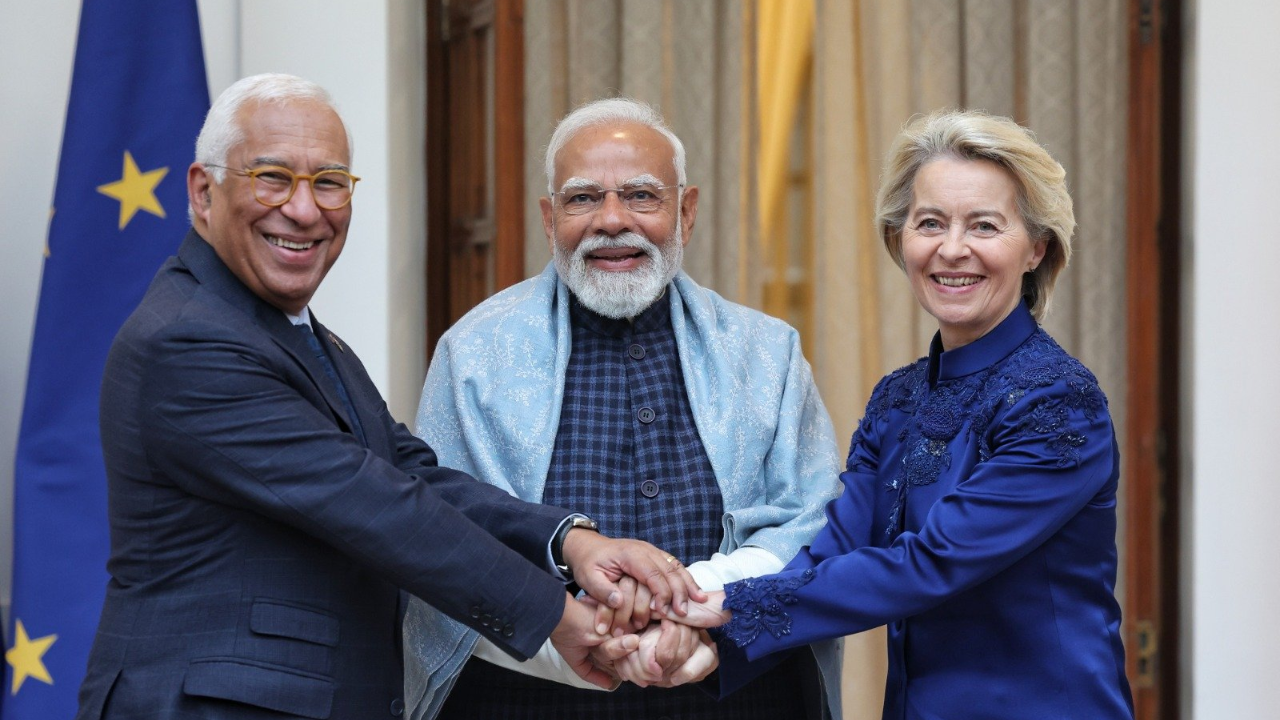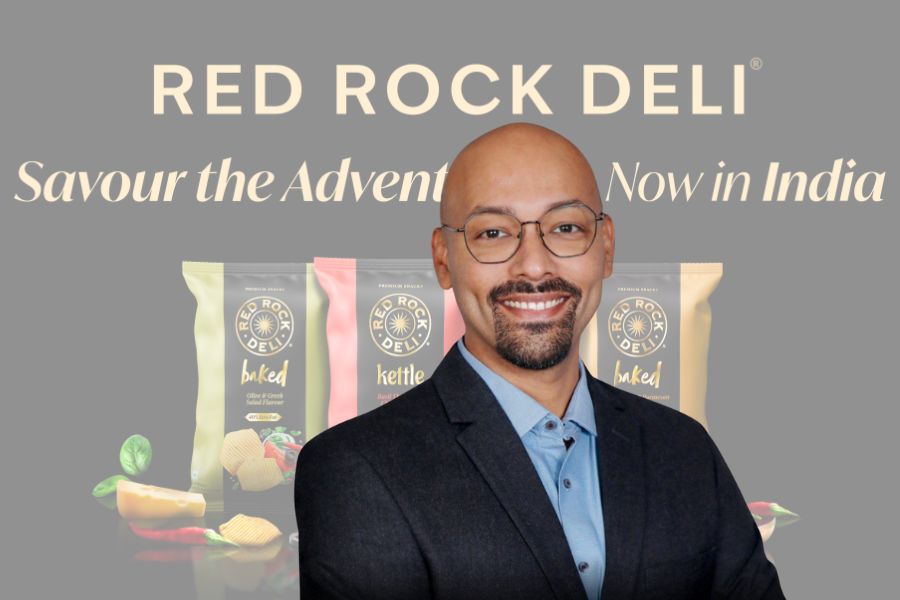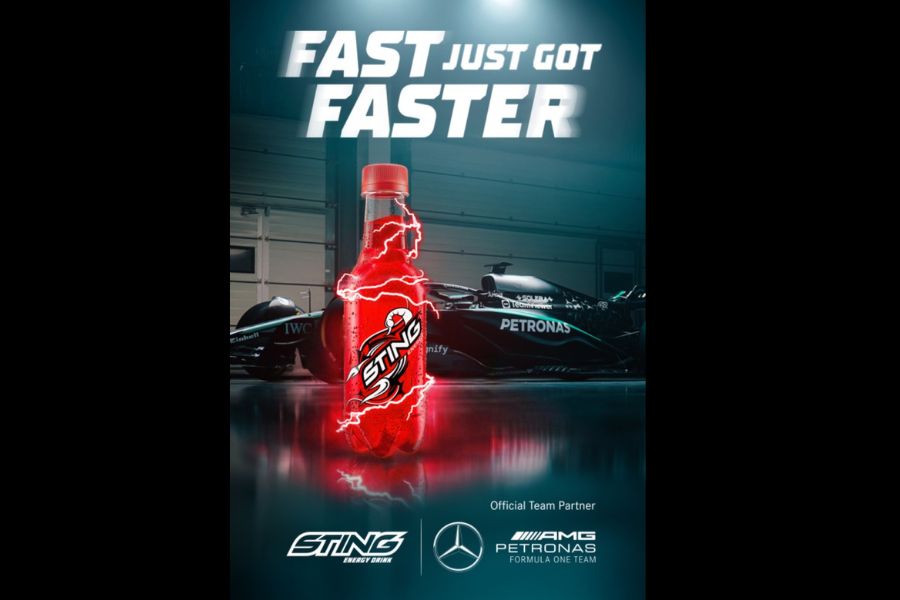Top marketers switched into introspection mode as they pondered over the challenges that the consumer would pose over the next decade and how to tackle them. The venue was Marketing 3.0, a day-long event organised by Mindshare and Brand Equity on Monday.
Some new shifts were discussed – market penetration to consumer connect, the importance of word-of-mouth marketing, total brand experience at the retail environment and brand building to consumers who are pressed for time. The backdrop of this was the digitally evolved consumer and a media plan which was yet to take serious cognisance of this.
Vinita Bali, MD, Britannia reminded the audience of the role that marketing played. "Marketing at its core is essentially about changing consumer behaviour. So at the end of every promotional campaign, we must ask ourselves how much money we ended up making and if that money is sustainable in the long run. Let us not think of consumption from a tactical point-of-view, but from a strategic point-of-view. Marketers must have a sharp understanding of generating consumption on a recurring basis.”
In a session on word-of-mouth marketing, Sameer Suneja, CEO, Perfetti Van Melle India described how he evaluated the success of his television campaigns. "If you can summarise a commercial in one word, it works. For example, our Happy Dent wave TVC was summarised as the ‘haathi-wala’ commercial. It worked. Once that happens, the recipient of the brand message can spread the thought virally, by asking others. For example, 'Have you seen the ‘haathiwala’ ad?’ is a question which serves that purpose."
Chetan Bhagat, author of bestsellers like Five Point Someone and the latest 2 States shared his own experiences, describing himself as a word-of-mouth phenomenon. "There is no book which has become famous without word-of-mouth marketing. I don’t advertise my books. And I’d say only about 5-10% of my fan base reads my website. So it would be fair to say that my success is based on word-of-mouth recommendations. Essentially, that can happen once your product has a certain awesomeness to it. ‘Awesome’ is the description that makes it travel amongst youth – big starcast films are awesome, for example."
Gautam Mukkavilli, president PepsiCo, India Region and CEO, Foods Division, FritoLay India said that sometimes even the simplest tweak in the idea could have an impact on brands. Quoting Malcolm Gladwell’s Tipping Point – as done by several speakers during the day – Mukkavilli said, "As marketers, you want to fundamentally nurture ideas and beliefs. We need to identify connectors in the society who will act as disseminators of information."
Vineet Taneja, head of marketing, Nokia said that technology had now made it easier for brands to know - atleast online – as to what conversations consumers were having about their products. "The challenge is to know which of those conversations can damage the brand and address them as soon as possible. At the end of the day, a happy customer is your best ambassador."




